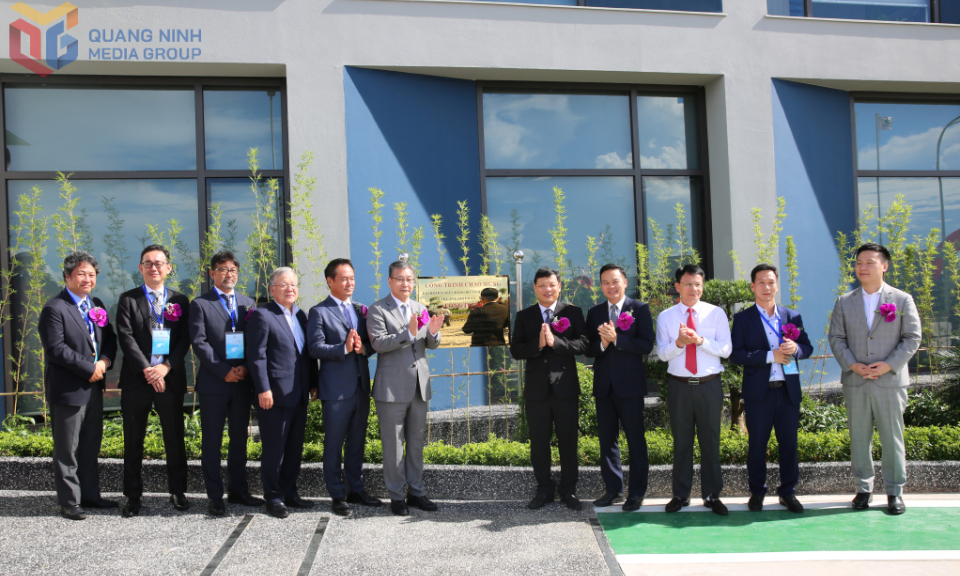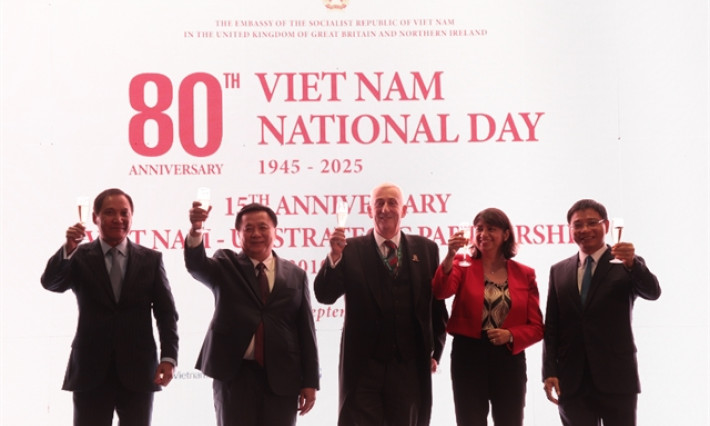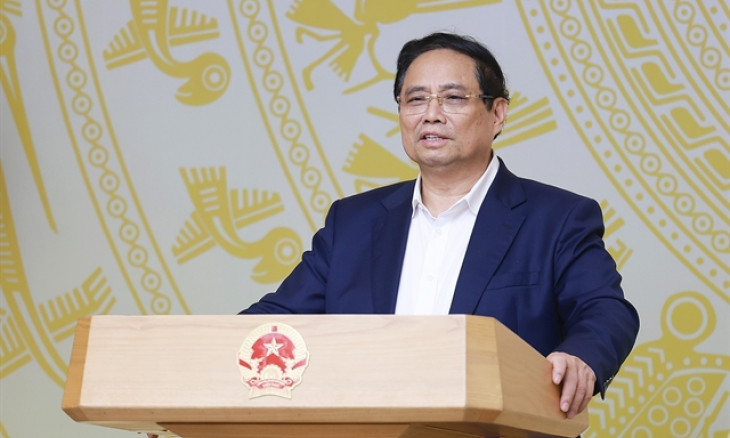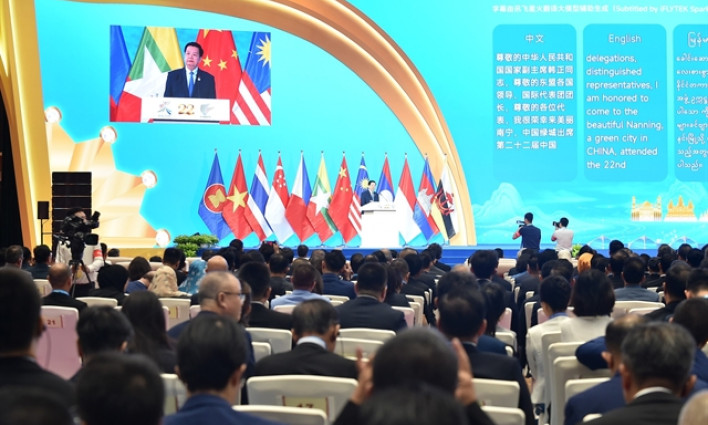Supporting industries become more attractive
Vietnam's supporting industries (SI) are becoming increasingly attracting to foreign direct investment (FDI). However, stronger policies are necessary to enable domestic enterprises to make significant breakthroughs in this sector.
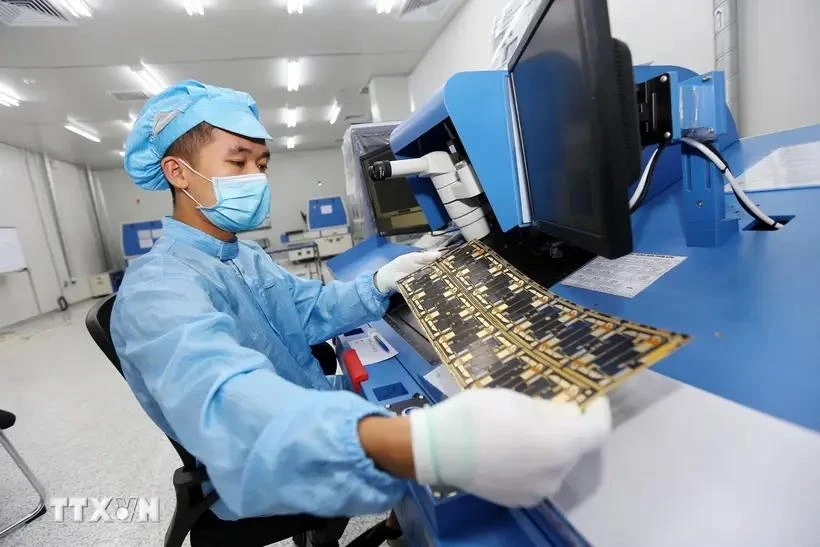
Domestic SI companies are actively adopting modern management standards and tools in their production processes. This has led to the emergence and growth of large economic groups in basic industries, materials, and mechanical engineering such as Viettel, Vingroup, Truong Hai (Thaco), Thanh Cong, and Hoa Phat. These corporations are laying a foundation for the country’s SI sector, enabling Vietnamese companies to participate in global production networks and value chains.
Thaco Truong Hai has achieved a localisation rate of up to 40% for many of its passenger vehicle lines, with this percentage gradually increasing as sales volumes grow. Notably, the localisation rate for their bus lines is even higher, with a significant portion of mechanical components being produced in-house.
Meanwhile, Toyota Vietnam has committed to developing domestic production and implementing a localisation strategy to enhance the competitiveness of locally produced vehicles against imports. The company has launched initiatives to support its suppliers in producing high-quality, competitively priced products. Currently, most of the Toyota vehicles have achieved a 40% localisation rate, with the flagship Vios model reaching 43% according to the ASEAN value-added formula.
Yet, the potential of Vietnam's SI sector remains underutilised. The majority of the participants in this field are small- and medium-sized enterprises (SMEs), which face significant challenges in terms of market access, technology, skilled labour, and capital.
Additionally, Vietnam's SI market remains small in scale, with low production volumes, making it less attractive to potential business partners. Consequently, increasing the localisation rate for industrial products in Vietnam remains a difficult task.
Economic experts acknowledged that only about 0.2% of nearly 1 million Vietnamese enterprises are involved in manufacturing and production within the SI sector. This figure is alarmingly low compared to SI business communities in other ASEAN countries. The sector urgently needs to expand in both breadth and depth, requiring a larger and more inclusive scale. This indicates that the SI sector in Vietnam has vast, untapped potential.
Currently, SI products in Vietnam are mainly in a few sectors such as textiles, footwear, wood processing, and mechanical engineering. However, there has been little investment in high-tech, sophisticated, and complex SI products, and there are still no SI plants capable of meeting these advanced demands.
To facilitate the growth of Vietnam’s SI enterprises and deepen their integration into the supply chain with manufacturers, the Ministry of Industry and Trade’s Department of Industry has established three technical support centres in key economic regions in the north, central, and south. These centres aim to assist industrial and SI enterprises in innovation, technology transfer, trial production, improving productivity and quality, increasing added value, and integrating into the global supply chain.
Moreover, comprehensive solutions are needed to address the fundamental issue of enhancing enterprises' internal capabilities in science, technology, and finance. Strengthening support to connect businesses and enable them to become suppliers in multinational supply chains is also essential.

